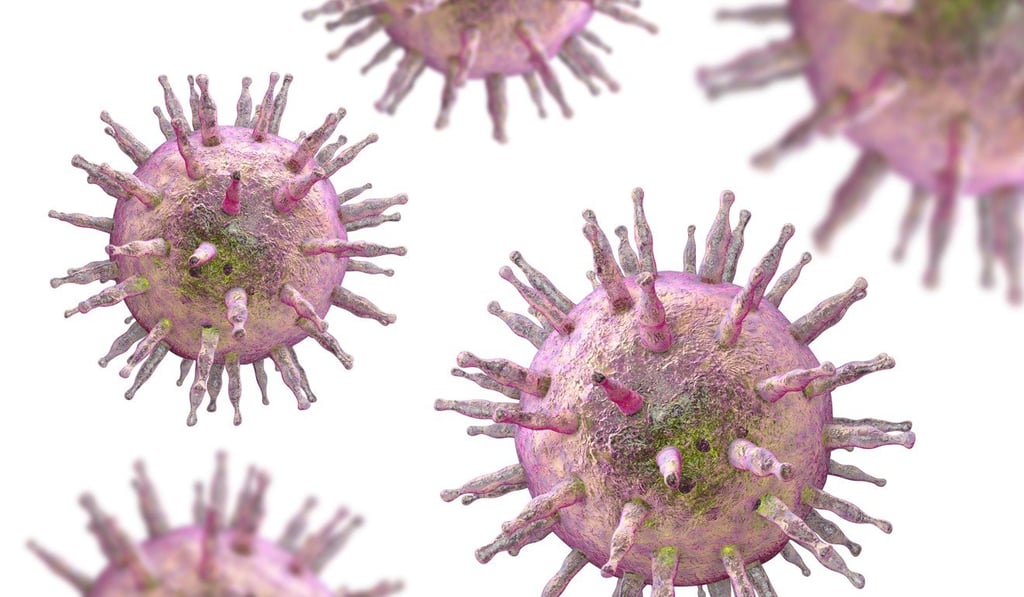Don’t kiss your health goodbye: all you need to know about mono, the virus that hits teens and young adults hardest
- The Epstein-Barr virus is a contagious infection transmitted through saliva
- Symptoms include sore throat and fever, while later developments can include fatigue, enlarged lymph nodes and a swollen spleen

Infectious mononucleosis (mono) is often called the kissing disease – but that’s something of a misnomer. The Epstein-Barr virus which causes the infection is a common herpes virus and was named for the scientists who first identified it in the mid-1960s, Anthony Epstein and Yvonne Barr.
It is transmitted in the saliva, so you can get it through kissing, but you can also be exposed to it through coughing, sneezing or sharing a glass or cutlery with someone who has mono. While the condition is contagious, it’s not as contagious as some – the common cold, for example.
Professor Rajiv Khanna, senior scientist at Australia’s QIMR Berghofer research institute in Brisbane, has a special interest in the Epstein-Barr virus (EBV). She says that generally, young people aged 15 to 24 years who haven’t been exposed to EBV in their early life are at the highest risk of developing clinical symptoms when they get infected with this virus.
Estimates are that about 10 per cent to 20 per cent of these so-called “EBV-naive” people are exposed to EBV each year. Of these, 30 per cent to 50 per cent develop clinical symptoms of mono.

“It is interesting that the incidence of mono is highest in first-year university students,” Khanna says, adding that while younger children may contract the disease, it is seen most often in teens and young adults.